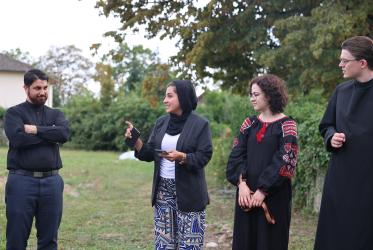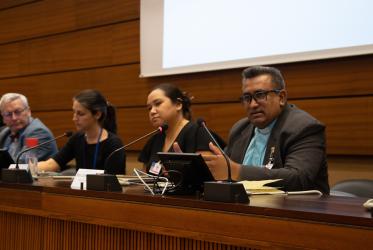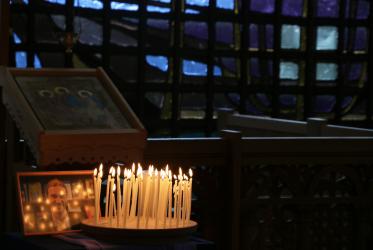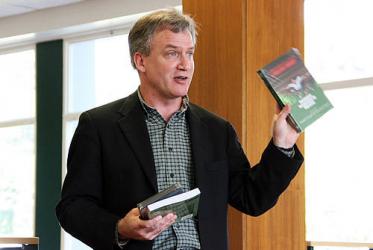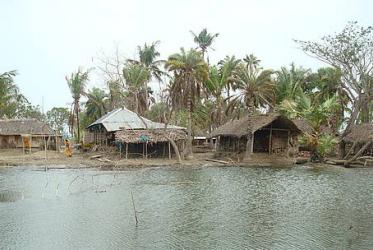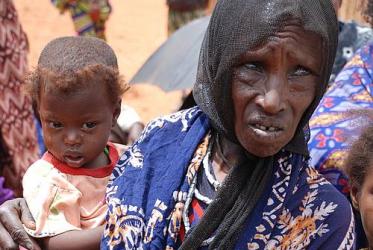Displaying 1 - 18 of 18
11 January 2024
Pope Francis at the World Council of Churches
31 May 2018
Seminar explores how populist rhetoric leads to racism
07 September 2017
Catholic-WCC group pursues new mandate
13 April 2016
After Busan: A pilgrimage of justice and peace
29 January 2014
Migration and theological method
09 March 2011
Migrants, too, have human rights
01 December 2008
